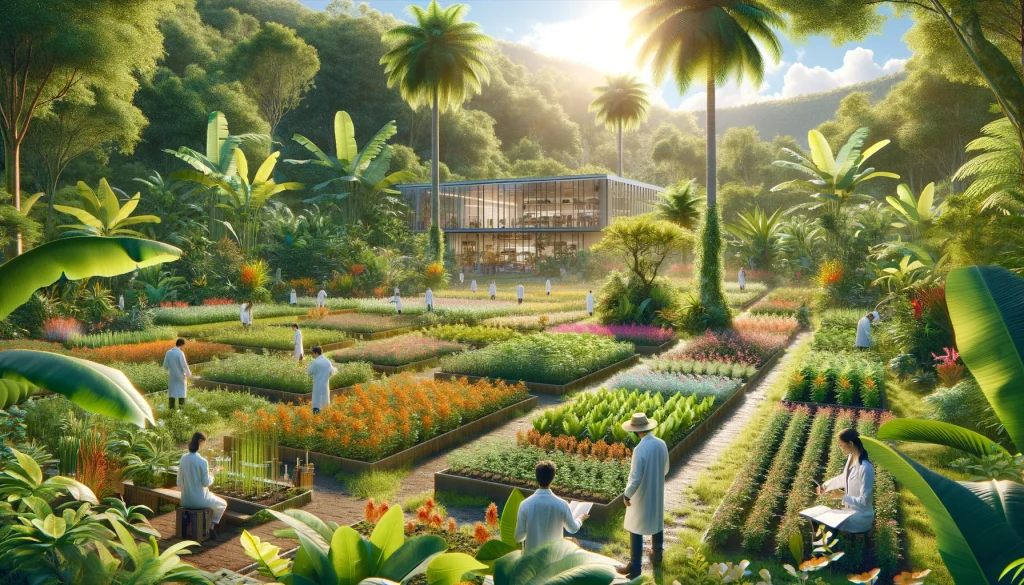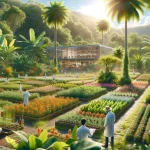Exploring the Green Heart of Mayagüez: The Tropical Agriculture Research Station

Explore the Tropical Agriculture Research Station in Mayagüez, a beacon of agricultural research and education. Discover how its self-guided tours through tropical gardens offer insights into biodiversity, sustainable practices, and the future of agriculture.
The Essence of the Station:
Nestled in the heart of Mayagüez, the Tropical Agriculture Research Station (TARS) stands as a testament to the island's commitment to agricultural research and education. Offering self-guided tours through its lush tropical gardens, TARS provides a unique opportunity for both locals and visitors to immerse themselves in the rich biodiversity that defines our region. This station is not just a research facility; it's a sanctuary where the wonders of tropical agriculture are on full display.
A Journey Through Nature:
Walking through the gardens of TARS is like stepping into another world. Each path leads to discoveries of exotic plants, fruits, and flowers, many of which are rare or unique to our climate. These self-guided tours are not just educational; they're an invitation to connect with nature on a personal level, to appreciate the beauty and complexity of the ecosystems that sustain our island.
The Role of TARS in Community Education:
Beyond its research contributions, TARS plays a pivotal role in community education. By opening its doors to the public, it demystifies the science behind agriculture, making it accessible to everyone. School groups, families, and individuals who visit can learn about sustainable farming practices, the importance of biodiversity, and the challenges facing modern agriculture. This knowledge is invaluable as we strive to build a more sustainable future.
A Catalyst for Sustainable Practices:
The work done at TARS is at the forefront of developing sustainable agricultural practices. As someone deeply invested in the well-being of our community and its natural resources, I see the station as a beacon of hope. It showcases how science and nature can work together to create sustainable solutions for food production, pest control, and environmental conservation. These lessons are crucial as we face the challenges of climate change and food security.
Looking Forward:
The future of agriculture in our region is bright, with TARS leading the way. Its commitment to research, education, and sustainability serves as a model for others to follow. As we look forward, it's clear that the station will continue to play a vital role in our community, inspiring the next generation of scientists, farmers, and environmental stewards.
The image is an artistic creation.






